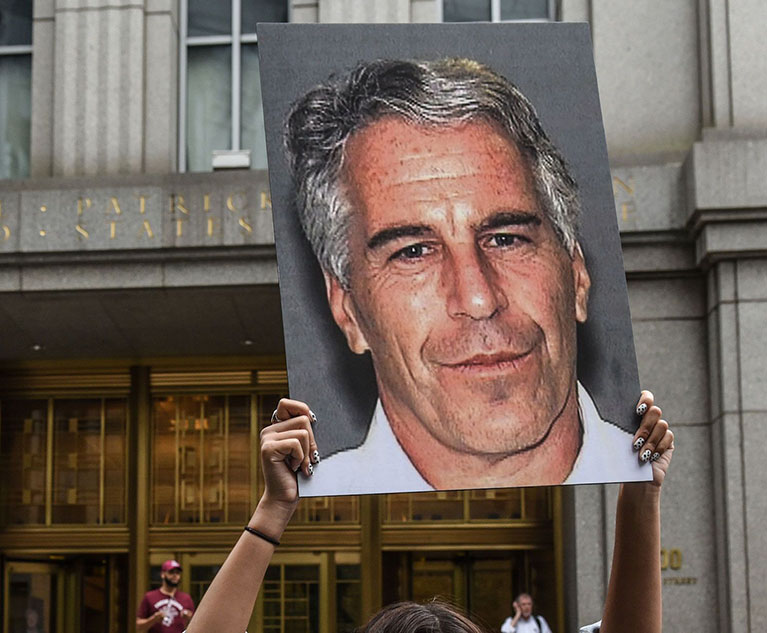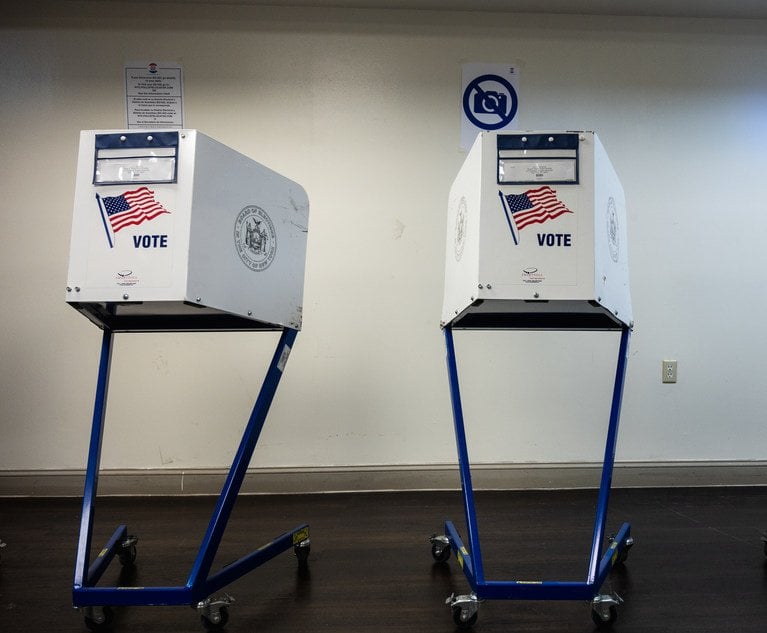A lot is being written about Harper Lee’s “To Kill a Mockingbird” these days. With an administration in Washington that many believe tolerates—if not actively supports—white supremacy and with lawyers figuring prominently on both sides of the recent events surrounding free speech vs. hate speech, revisiting this classic may be in order. Though for different reasons than initially thought, the book may be as relevant today as it was nearly 60 years ago when it was first published.
There seems to be a “Mockingbird” rebirth lately. Jeff Daniels just signed on to play Atticus Finch in an upcoming Broadway adaptation. Many wonder if he’ll be able to fill Gregory Peck’s shoes. Maybe he’ll bring a bit more frailty and self-doubt to the role. School districts are reportedly again considering whether to remove the book from their required reading lists for young adults. Some argue that its language may be unsuitable for classrooms. Others worry that its tendency to leaven its treatment of the Ku Klux Klan might be confused with an official endorsement of the organization. The first anniversary of the celebrated ethicist Monroe Freedman’s death reminds us that he and others found much to criticize in Lee’s hagiographic portrayal of her father.


 Mark Dubois
Mark Dubois




